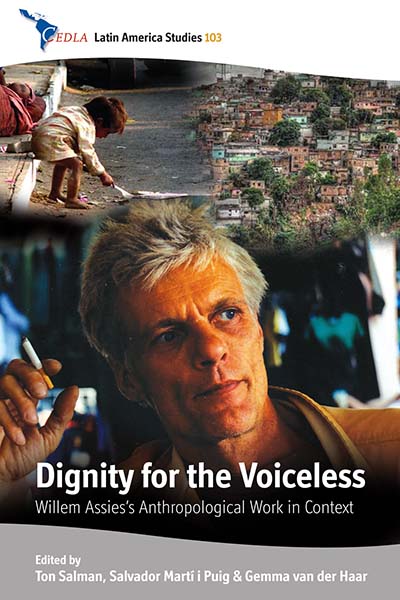by Claudia Sandberg
Claudia Sandberg is the author of Peter Lilienthal : A Cinema of Exile and Resistance.
Sitting at a wooden bench, the young woman Marcela follows the teacher attentively. She has decided to take part in the literacy campaign that was launched by the Unidad Popular government. In a group with other woman, they have gathered in the meeting place and school of the shanty town community La Victoria, situated at the fringes of the Chilean capital, to get trained for this task. The teacher in front holds up a poster that shows a family of three generations. Below appears the Spanish word HOGAR (home). Marcela protests that this image surely does not represent the reality of many people. The other women chime in by referring to their own situation; they are married, divorced, or widowed, they live alone, with their children or with their parents. The word home means something different to each one of them.
Continue reading “Of Soldiers and Dreamers: Peter Lilienthal in Latin America”



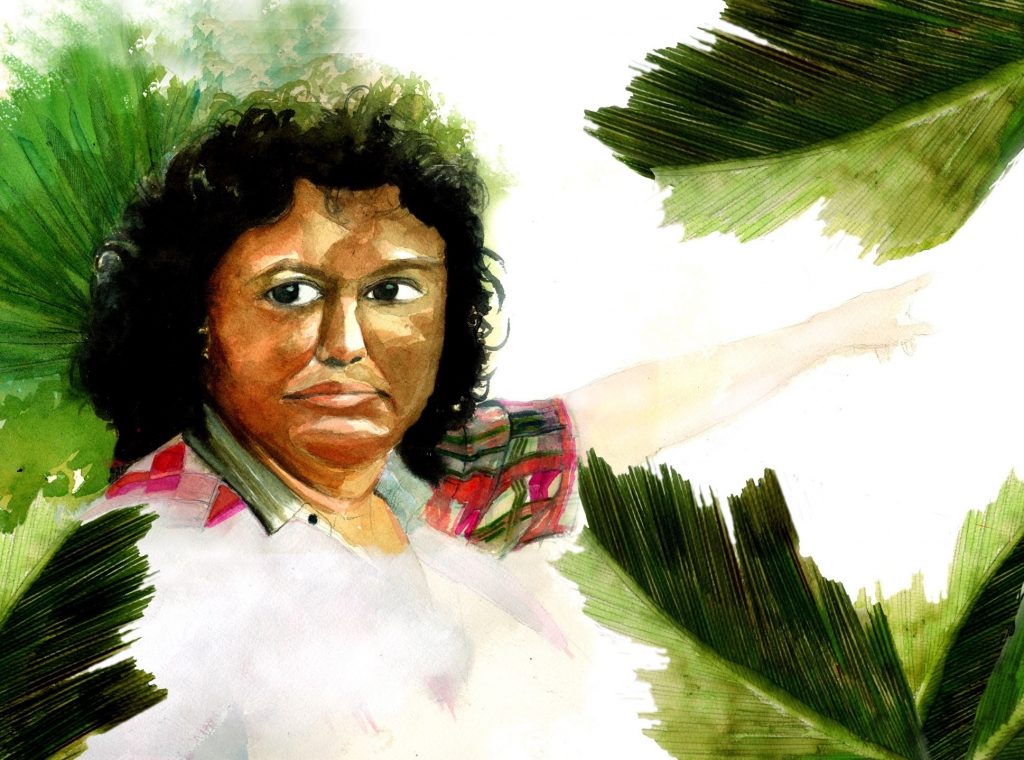
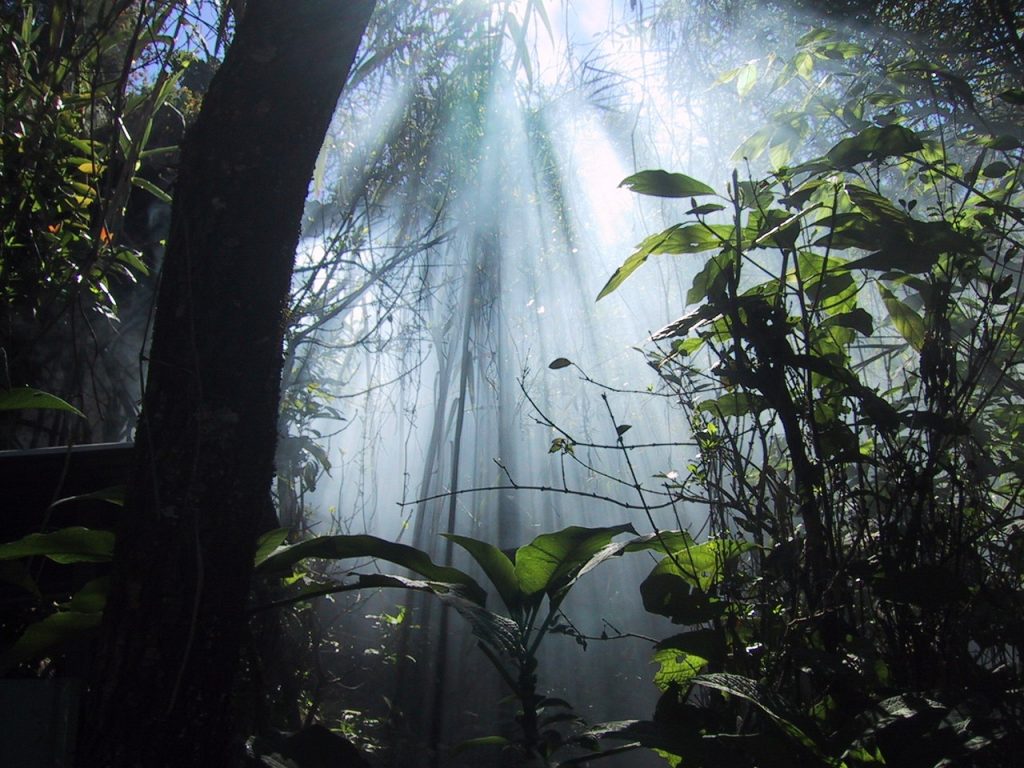
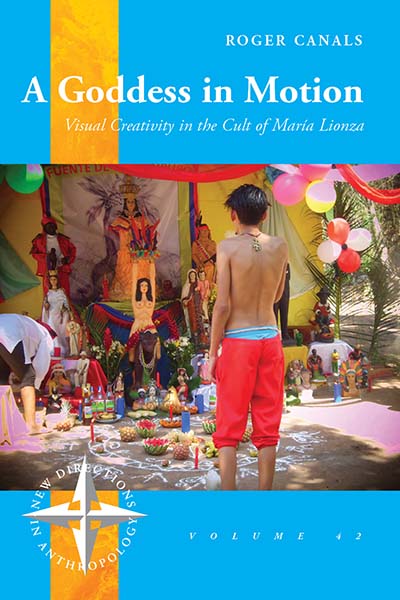

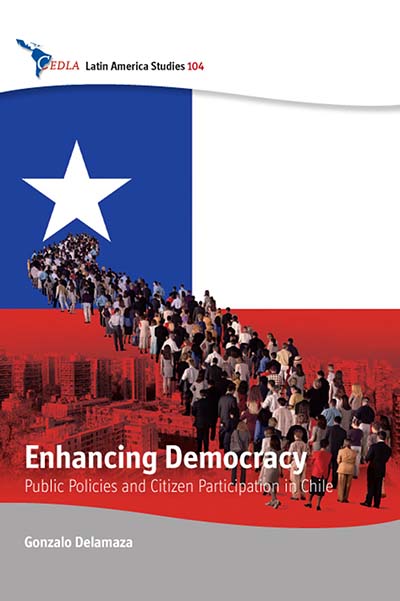 Volume 104 Forthcoming in November 2014!
Volume 104 Forthcoming in November 2014!